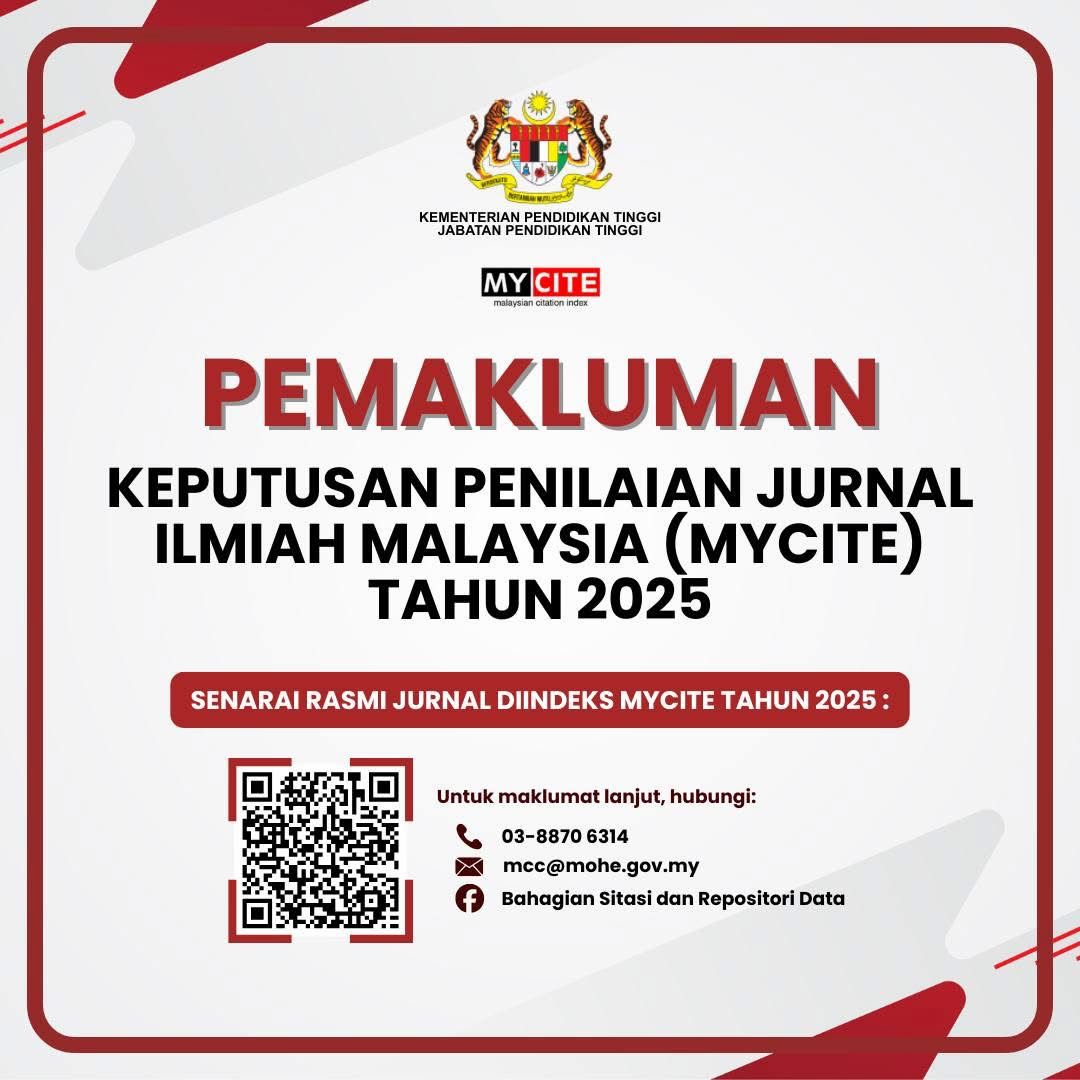Advertising in Social-Media as A New Approach in Mental Illness Campaign Among Youth
DOI:
https://doi.org/10.24191/idealogy.v3i2.79Keywords:
Mental illness, depression, social media, youngsters, campaignAbstract
Nowadays, the mass media have often aired unexpected news of death and suicide. Peoples that under depression did not want to seek help and people surrounding them did not know how to help them either. There have been numerous efforts by various parties to address this problem time by time. However, previous related study shows an increasing number of major depressive episodes from the year 2010 until 2018 among young adults. Psychologists believe that the numbers will continue to rise in 2020 if no changes were made. This research intends to educate people on how to treat friends or family members that have a depression through advertising by using social media platforms to gain awareness among youngsters about the bad effect of depression. Contextual analysis from the case study and a survey has been conducted. Data have been collected from interviews, newspapers, and published reports. This research found that the majority of the respondents did not know how to help people that have depression and they usually take a wrong step while helping them. The social campaign was expected to be the key driver for change in the public’s attitudes and behaviour.
Keywords: Mental illness, depression, social media, youngsters, campaign
References
Research and Practice. Current Psychiatry Reviews, 8(4), 202-298. Retrieved from
http://www.ncbi.nlm.nih.gov/pmc/articles/PMC3480687/
Everette James, JD, MBA., director of Pitt’s Health Policy Institute, is senior author of the research
publication. Additional authors are Ariel Shensa, MA, Erica Barrett, Jaime E. Sidani, PhD, MPH,
and Jason Colditz, MEd.The research was supported by the National Institutes of Health grant
number R01-CA140150.
Greenwood, S., Perrin, A., & Duggan, M. (2016, November 11). Social Media Update 2016. Retrieved
from http://www.pewinternet.org/2016/11/11/social- media-update-2016/
Hurst, N. (2015, February 3). If Facebook Causes Envy, Depression Could Follow. Retrieved from
http://munews.missouri.edu/news-releases/2015/0203- iffacebook-use-causes-envy-depressioncould-
follow/
Luxton, D. D., June, J. D., & Fairall, J. M. (2012). Social Media and Suicide: A Public Health
Perspective. American Journal of Public Health, 102(Suppl 2), S195- S200. Retrieved from
http://www.ncbi.nlm.nih.gov/pmc/articles/PMC3477910/
Pantic, I. (2014, October 1). Online Social Networking and Mental Health. Cyberpsychology, Behavior,
and Social Networking, 17(10), 652-657. Retrieved from
http://www.ncbi.nlm.nih.gov/pmc/articles/PMC4183915/
Social Media Use Associated with Depression Among U.S. Young Adults. (2016, March 22). Retrieved
from http://www.upmc.com/media/NewsReleases/2016/ Pages/lin-primack-sm-depression.aspx
Widen, G., Lindstrom, J., Brannback, M., Huvila, I., & Nystrom, A. (2015). Mixed Emotions in Active
Social Media Use - Fun and Convenient or Shameful and Embarrassing? Retrieved from
https://www.ideals.illinois.edu/bitstream/ handle/2142/73460/34_ready.pdf?sequence=2
Downloads
Published
Issue
Section
License
UiTM Press (the Publisher) has agreed to publish the undersigned author’s paper in Idealogy Journal. The agreement is contingent upon the fulfilment of a number of requirements listed below.
1. The undersigned author warrants that the paper entitled below is original, that it is not in any way libellous or unlawful in Malaysia, that it does not infringe any copyright or other proprietary right. The undersigned hereby represents and warrants that he/she is the author of the paper, except for material that is clearly identified as to its original source, with permission notices from the copyright owners where required. The undersigned represents that he/she has the power and authority to sign and execute this agreement.
2. The undersigned author warrants that the paper entitled below has not been published elsewhere, and also it will not be submitted anywhere else for publication prior to acceptance/rejection by this Journal.
3. By submitting the paper entitled below, the undersigned author agrees to transfer the rights to publish and distribute the paper in an international e-journal (entitled above) to Publisher.
4. The undersigned author agrees to make a reasonable effort to conform to Publisher's submission guidelines and to liaise with the editor to ensure that the requirements of these guidelines are met to a reasonable degree.
5. The corresponding author signs for and accepts responsibility for releasing this material on behalf of any and all coauthors. This agreement is to be signed by at least one of the authors who has obtained the assent of the co-author(s) where applicable. After submission of this agreement signed by the corresponding author, changes of authorship or in the order of the authors listed will not be accepted.




